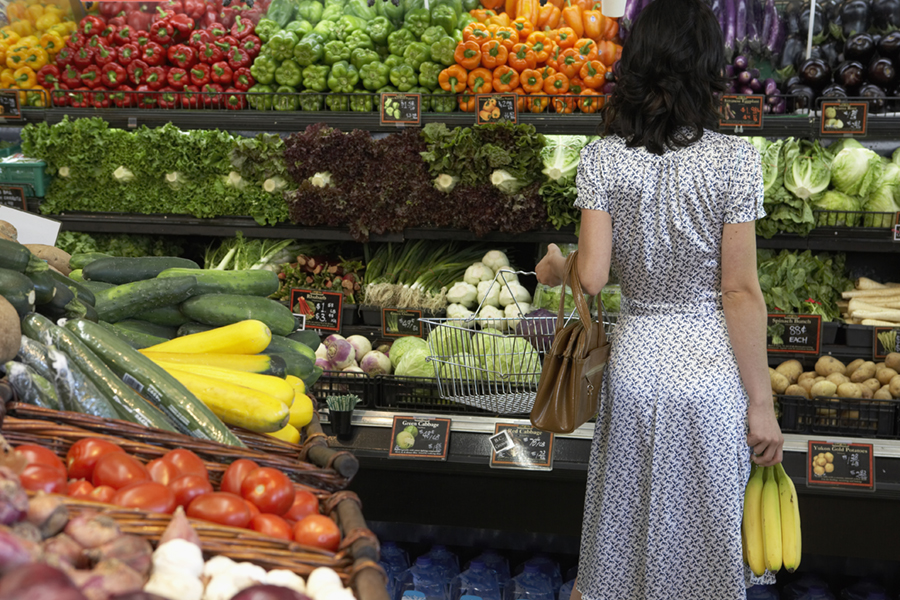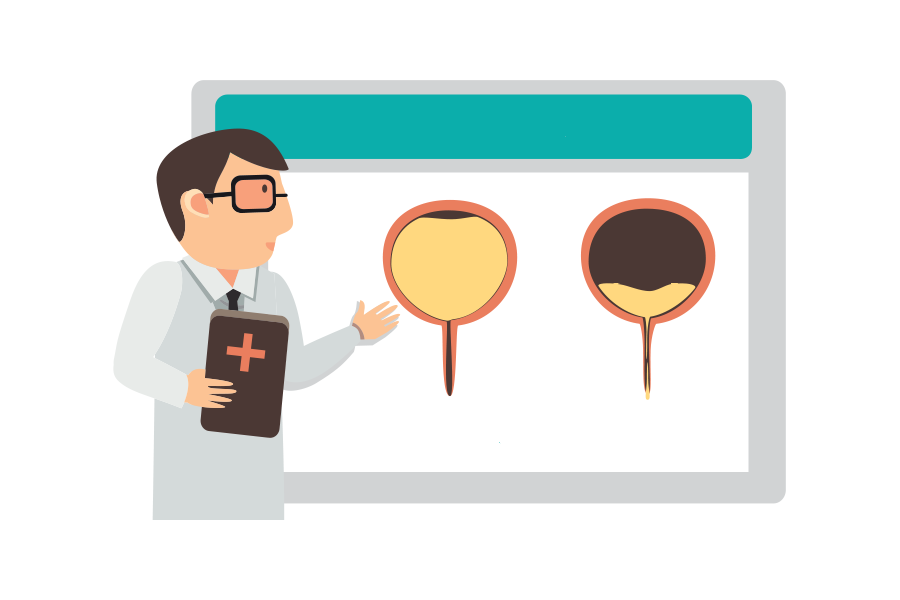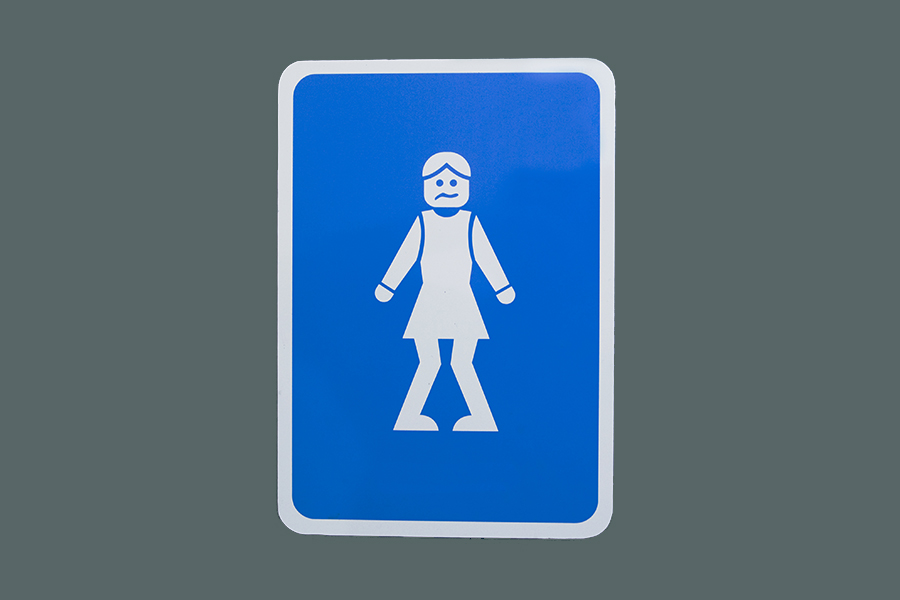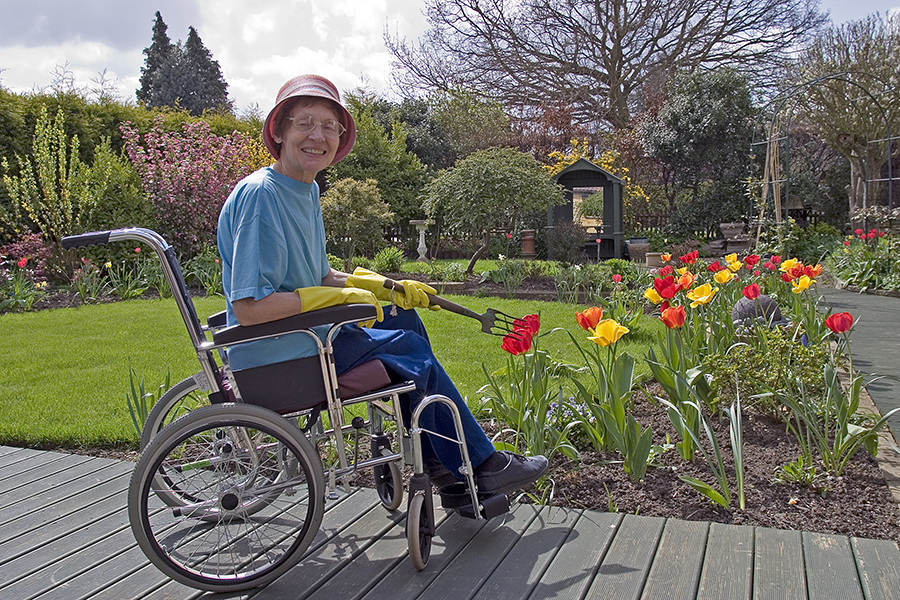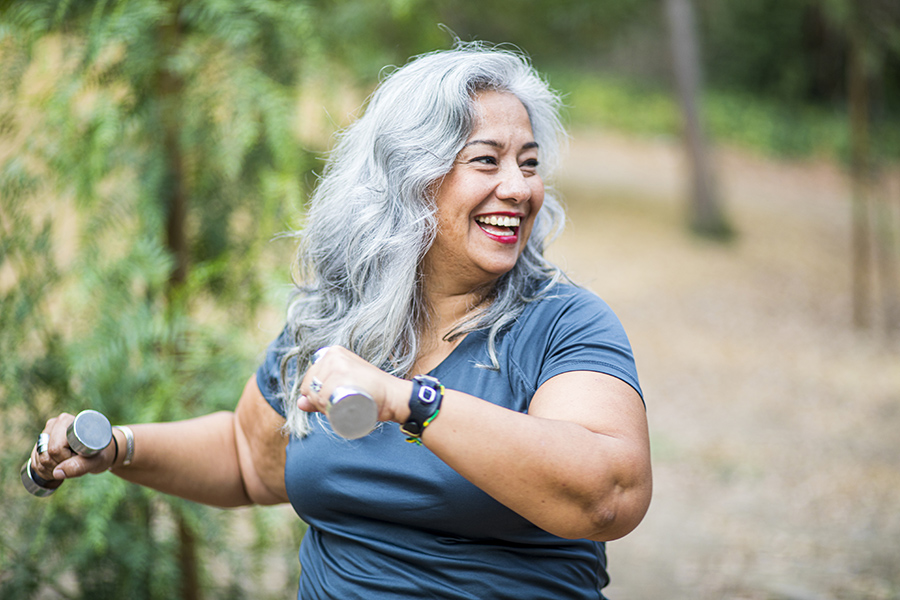Irritable bowel syndrome (IBS) is a gastrointestinal disorder that causes your gut to be extra-sensitive and changes how your bowel muscles contract and function. IBS is a group of symptoms happening simultaneously, causing pain in the abdomen and changes in bowel movements.
Common symptoms include:
- Diarrhea.
- Constipation.
- Bloating.
- Inability to finish a bowel movement.
- White mucus in stool.
There are four types of IBS based off of different changes in bowel movements:
IBS with constipation (IBS-C)
- More than 25% of the time your stool is hard/lumpy, less than a 25% is loose/watery.
IBS with diarrhea (IBS-D)
- More than 25% of the time your stool is loose/watery, less than 25% is hard/lumpy.
IBS with mixed bowel habits (IBS-M)
- More than 25% of the time your stool is hard/lumpy and more than 25% of the time is loose/watery.
IBS Unsubtyped (IBS-U)
- Less than 25% of the time your stool is hard/lumpy and less than 25% of the time is loose/watery.
Your diet plays a major role in alleviating symptoms of IBS.
- Eat more fiber – improves constipation, makes stool softer/easier to pass.
- There are 2 types of fibers, soluble fiber (beans, fruit, oats) and insoluble fiber (whole-grain products, vegetables).
- Soluble fiber helps alleviate IBS symptoms.
- Add food with fiber to your diet slowly. Too much fiber causes gas which can trigger IBS symptoms; try adding 2-3 grams of fiber a day to prevent gas/bloating.
- Avoid gluten.
- Gluten is a protein found in wheat, barley and rye.
- Gluten can increase your symptoms of IBS even if you don’t have celiac disease.
- Follow the low FODMAP diet.
- Reduces/avoids foods containing carbohydrates (FODMAPS) that are difficult to digest.
- Foods containing FODMAPs:
- Canned fruit, natural fruit juice, dried fruit.
- Artichokes, beans, cabbage, cauliflower, garlic, mushrooms, onions, snow peas.
- Milk products.
- Wheat/rye products.
- Honey/foods with high-fructose corn syrup.
- Candy/gum with sweeteners ending in “-ol.”
Foods you can eat include:
- Lactose-free dairy products, low-lactose cheese.
- Leafy greens, eggplant, potatoes etc.
- Raspberries, blueberries, etc.
- Gluten-free flours/breads and grains like oats, sorghum, buckwheat, millet, quinoa.
- Poultry, fish, eggs, tofu, leanly cut beef.
- Peanuts, almonds, nut butters.
- Unsweetened drinks (coffee/tea).
Other diets you can follow are:
- High fiber.
- Low fiber.
- Gluten-free.
- Elimination.
- Low-fat.
While nutrition is the key to feeling better if you have IBS, everyone is different. Examine your own diet and speak with your doctor before making major changes.
Sources:






